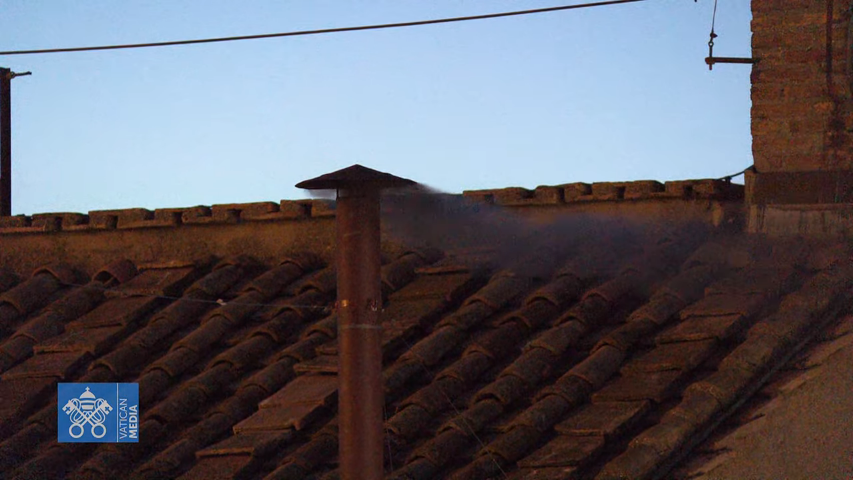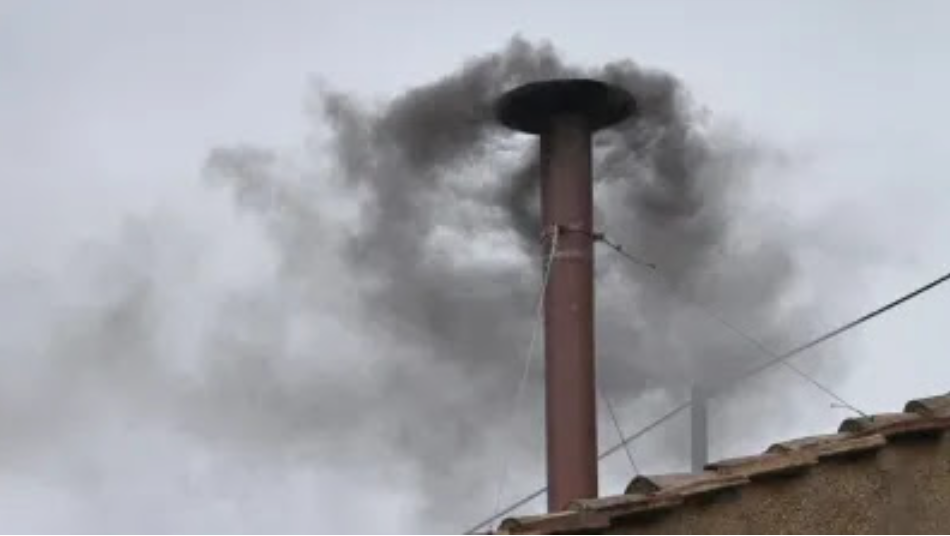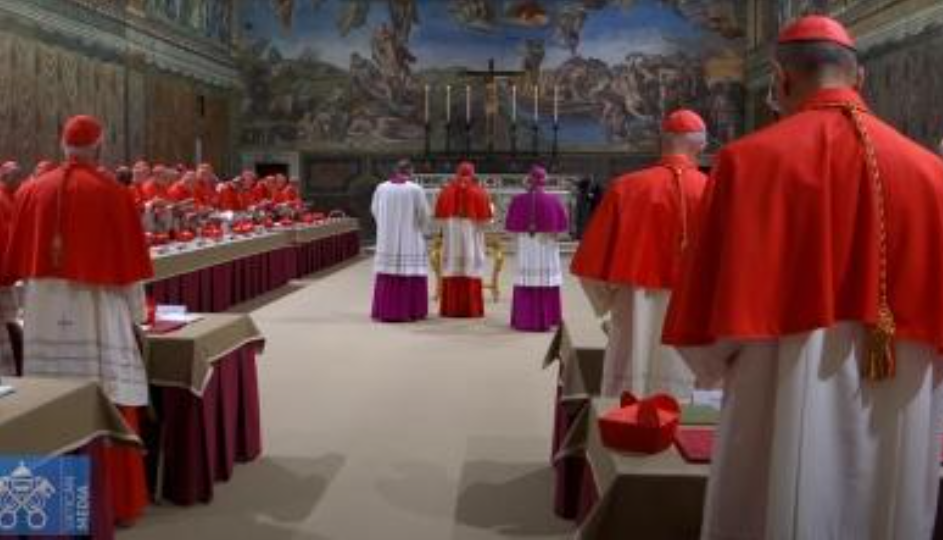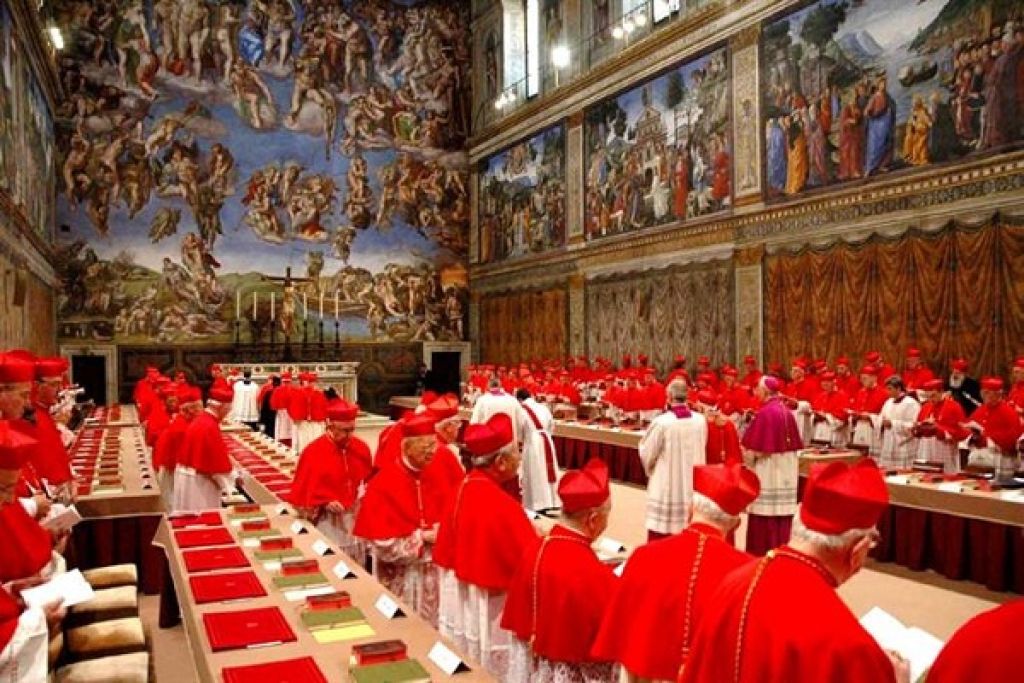(Reuters) – A federal judge in Maryland said The Johns Hopkins University, Bristol-Myers Squibb Co (BMY.N) and the Rockefeller Foundation must face a $1 billion lawsuit over their roles in a 1940s U.S. government experiment that infected hundreds of Guatemalans with syphilis.
FILE PHOTO: Logo of global biopharmaceutical company Bristol-Myers Squibb is pictured at building in Le Passage, near Agen, France March 29, 2018. REUTERS/Regis Duvignau
In a decision on Thursday, U.S. District Judge Theodore Chuang rejected the defendants’ argument that a recent Supreme Court decision shielding foreign corporations from lawsuits in U.S. courts over human rights abuses abroad also applied to domestic corporations absent Congressional authorization.
Chuang’s decision is a victory for 444 victims and relatives of victims suing over the experiment, which was aimed at testing the then-new drug penicillin and stopping the spread of sexually-transmitted diseases.
The experiment echoed the government’s Tuskegee study on black American men who were deliberately left untreated for syphilis even after penicillin was discovered.
It was kept under wraps until a professor at Wellesley College in Massachusetts discovered it in 2010. U.S. officials apologized for the experiment, and President Barack Obama called Guatemala’s president to offer a personal apology.
Chuang said lawsuits against U.S. corporations under the federal Alien Tort Statute were not “categorically foreclosed” by the Supreme Court decision last April 24 in Jesner v Arab Bank Plc covering foreign corporations.
He said the “need for judicial caution” was “markedly reduced” where U.S. corporations were defendants because there was no threat of diplomatic tensions or objections from foreign governments.
The judge also said letting the Guatemala case proceed would “promote harmony” by giving foreign plaintiffs a chance at a remedy in U.S. courts.
According to the complaint, several Hopkins and Rockefeller Foundation doctors were involved with the experiment, as were four executives from Bristol-Myers predecessors, Bristol Laboratories and the Squibb Institute.
Hopkins and its lawyers did not respond on Friday to requests for comment. A Rockefeller Foundation spokesman said that the lawsuit had no merit, and the nonprofit did not know about, design, fund or manage the experiment. Bristol-Myers spokesman Brian Castelli declined to comment.
Paul Bekman, a lawyer for the plaintiffs, said his clients will proceed with discovery, including the exchange of decades-old documents.
“This experiment began 72 years ago. It’s hard to believe,” he said.
An earlier ruling found no statute of limitations issues if the plaintiffs could not have learned about the experiment before 2010.
The lawsuit previously had 774 plaintiffs, but victims’ grandchildren are no longer involved, Bekman said.
The case is Estate of Arturo Giron Alvarez et al v The Johns Hopkins University et al, U.S. District Court, District of Maryland, No. 15-00950.
Reporting by Jonathan Stempel in New York; editing by Bill Berkrot






Leave a Reply